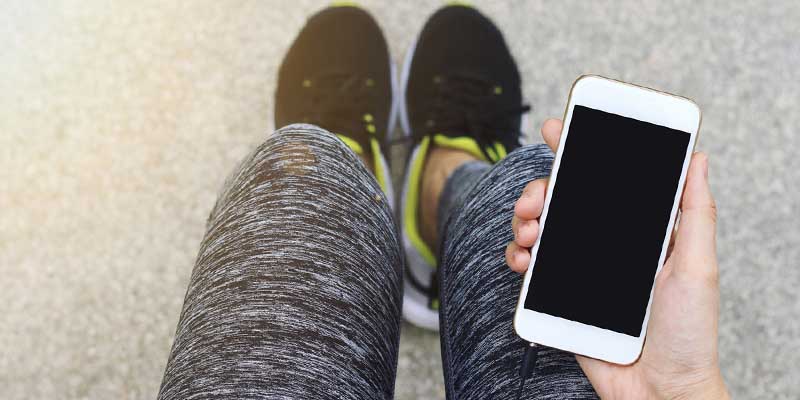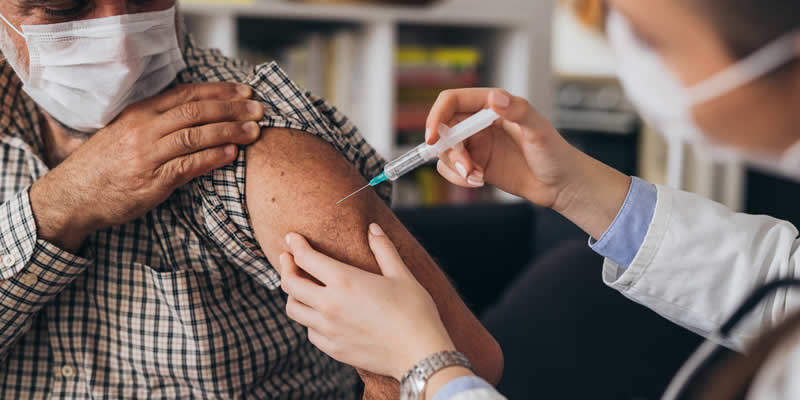The Low Carb Program reduces diabetes medication costs by an average of £117 per person each year, according to new research looking into the economic benefits of the award-winning platform.
Academics from the York Health Economics Consortium (YHEC) demonstrated that over a five-year period the digital intervention can save NHS Clinical Commissioning Groups (CCGs) between £509,435 and £673,108 when 3,000 licenses are funded.
- Man puts type 2 diabetes into remission 23 years since diagnosis
- How can we achieve type 2 diabetes remission?
Peer-reviewed evidence has demonstrated people with prediabetes and type 2 diabetes following the Low Carb Program reduce their medication intake and improve HbAa1c levels, ultimately saving the NHS money in diabetes drug costs.
Previous research has reported that six in 10 people using the online platform reduced their medication when engaging in the Low Carb Program, while HbA1c rates significantly improved amongst individuals using the award-winning tool.
Should all 135 CCGs in England distribute the Low Carb Program, the NHS would save between £67 million and £91 million in diabetes costs.
The Low Carb Program is a nutritionally focused behaviour change intervention that provides education, resources and support to start and sustain a lower-carbohydrate diet.
- Low Carb Program app shown to support weight loss and medication reduction in NHS primary care study
- Low Carb Program with remote clinical appointments shown to be as effective as face-to-face obesity weight management services
The app is used by people with obesity, pre-diabetes, type 2 diabetes, non-alcoholic fatty liver disease and polycystic ovarian syndrome, with the programme evidenced in five peer-reviewed studies.
Features on the app include a goal-focused tailored education programme, peer support and coaching, a recipe library, cook-a-longs, live and on-demand activity classes and health tracking.
To access the full economic analysis of the Low Carb Program, click here.




